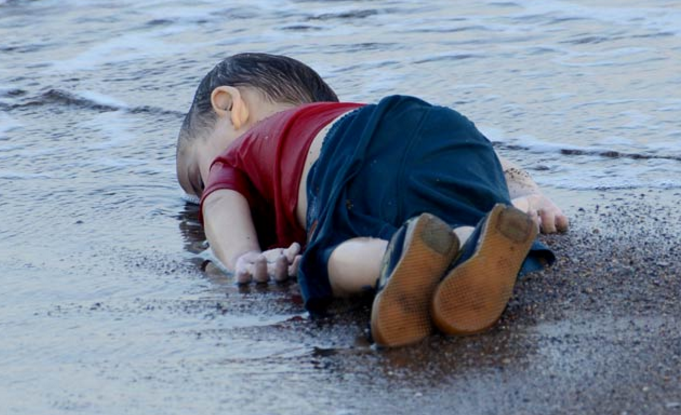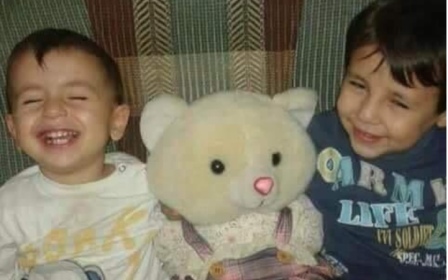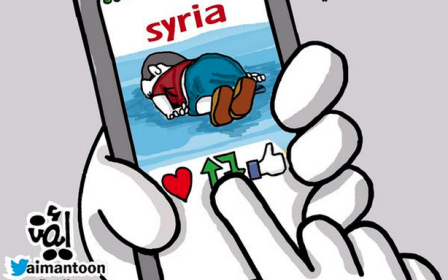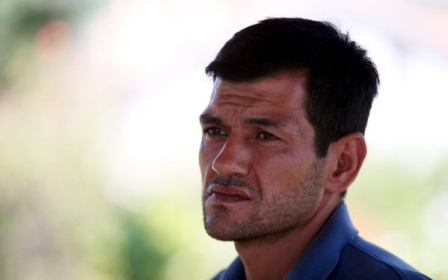Family of drowned Kurdish toddler to be admitted to Canada

Some surviving relatives of drowned Kurdish toddler Aylan Kurdi, whose beached corpse became a global symbol of the Syrian refugee crisis, will be admitted to Canada, broadcaster CBC reported on Friday.
The three-year-old died in September after his family, sheltering in Turkey from the war in Syria, decided to make a desperate bid to reach Greece in a flimsy inflatable boat.
The sight of Aylan's body, face down on the Turkish shore, was captured by news photographers and galvanized public opinion around the world as hundreds of thousands of refugees arrived in Europe. The Kurdi family had fled from their hometown of Kobane in Syria and were trying to leave Turkey to go to Canada.
Aylan's mother and brother died in the same accident.
Now, according to the boy's aunt Tima Kurdi, who already lives in Canada, authorities have said Aylan's other aunt, uncle and five cousins will be granted asylum as part of a bigger package of arrivals.
"It will happen," she told CBC. "They will bring them."
The boy's uncle had previously made an application for refugee status at the Canadian mission in Turkey but was refused because of incomplete documentation. Aylan's father has previously rejected Canadian offers of citizenship which were issued after the death of his family. He also declined offers to accept Turkish nationality.
Aylan’s family hailed from Kobane, Syria, a city that has seen its fair share of battles between Kurdish soldiers and the Islamic State (IS) group. In 2014, IS had taken Kobane, but Kurdish forces retook the city in 2015, even though the city has been almost completely razed.
Aylan's father rejected Canadian citizenship after it was offered to him in the aftermath of the tragic even that happened on 2 September.
Canadian authorities offered Kurdi citizenship after images of his son Aylan, wearing a bright red shirt and blue shorts washed up on the beach with his face in the sand went viral, provoking global sympathy. But the distraught father declined, saying that he just wanted to go back to Kobane to bury his wife and children.
“I was holding my wife’s hand,” Kurdi told Turkey’s Dogan news agency. “But the children slipped through my hands. We tried to cling to the small boat, but it was deflating. It was dark and everyone was screaming. I couldn’t make my voice heard to my wife and kids.”
Rehana, Aylan and Galip were among the 12 people who drowned after two boats carrying 22 people capsized.
Canada is setting up an air bridge to bring in 10,000 Syrian refugees from camps in the Middle East before the end of the year and 15,000 more in the first two months of 2016.
Middle East Eye propose une couverture et une analyse indépendantes et incomparables du Moyen-Orient, de l’Afrique du Nord et d’autres régions du monde. Pour en savoir plus sur la reprise de ce contenu et les frais qui s’appliquent, veuillez remplir ce formulaire [en anglais]. Pour en savoir plus sur MEE, cliquez ici [en anglais].




